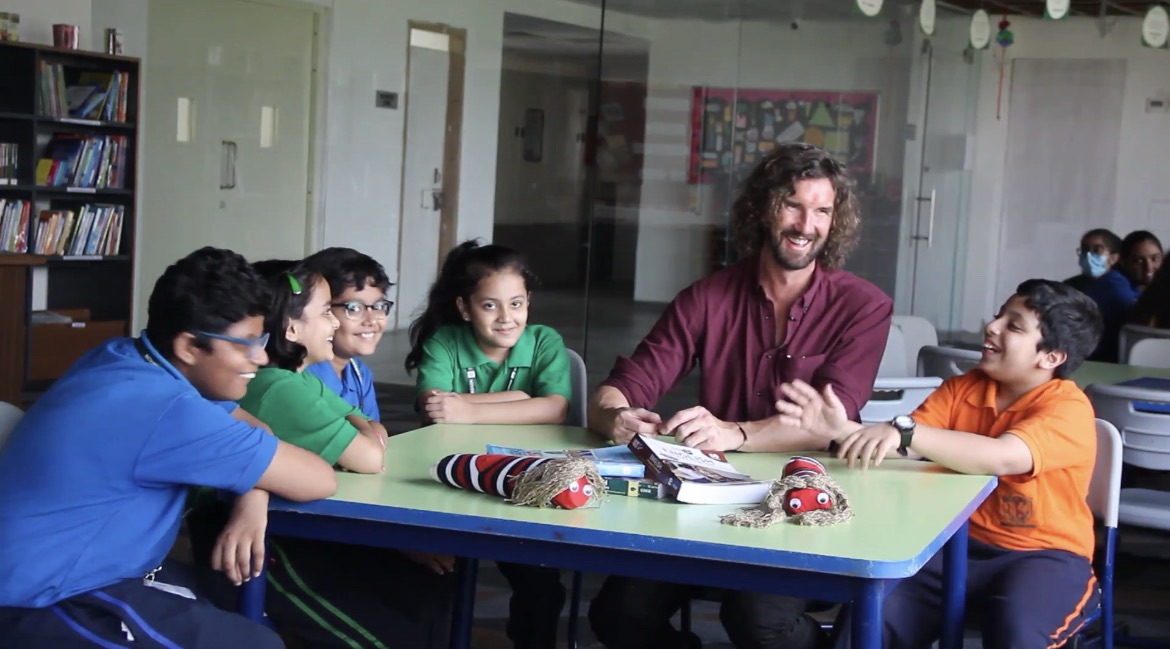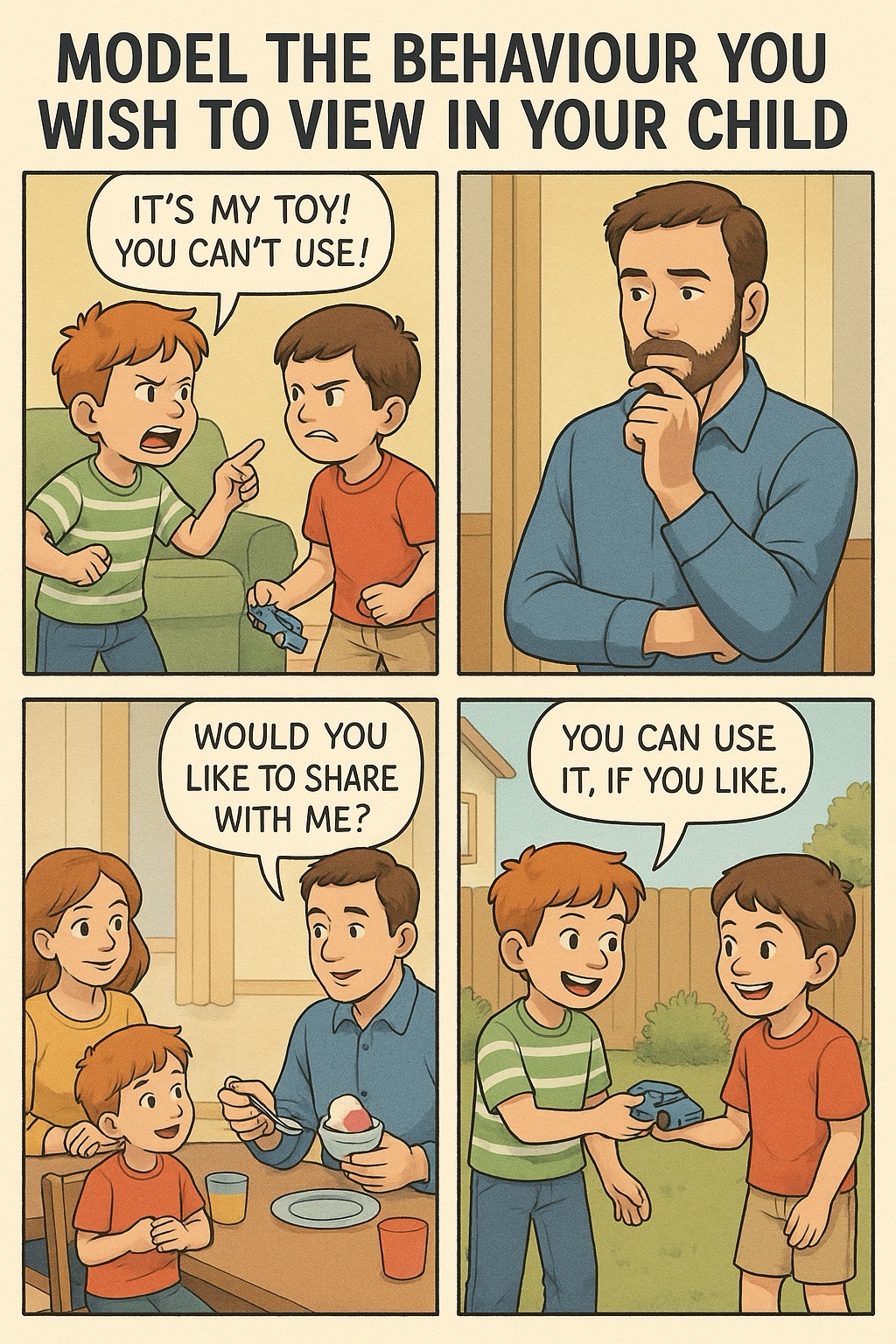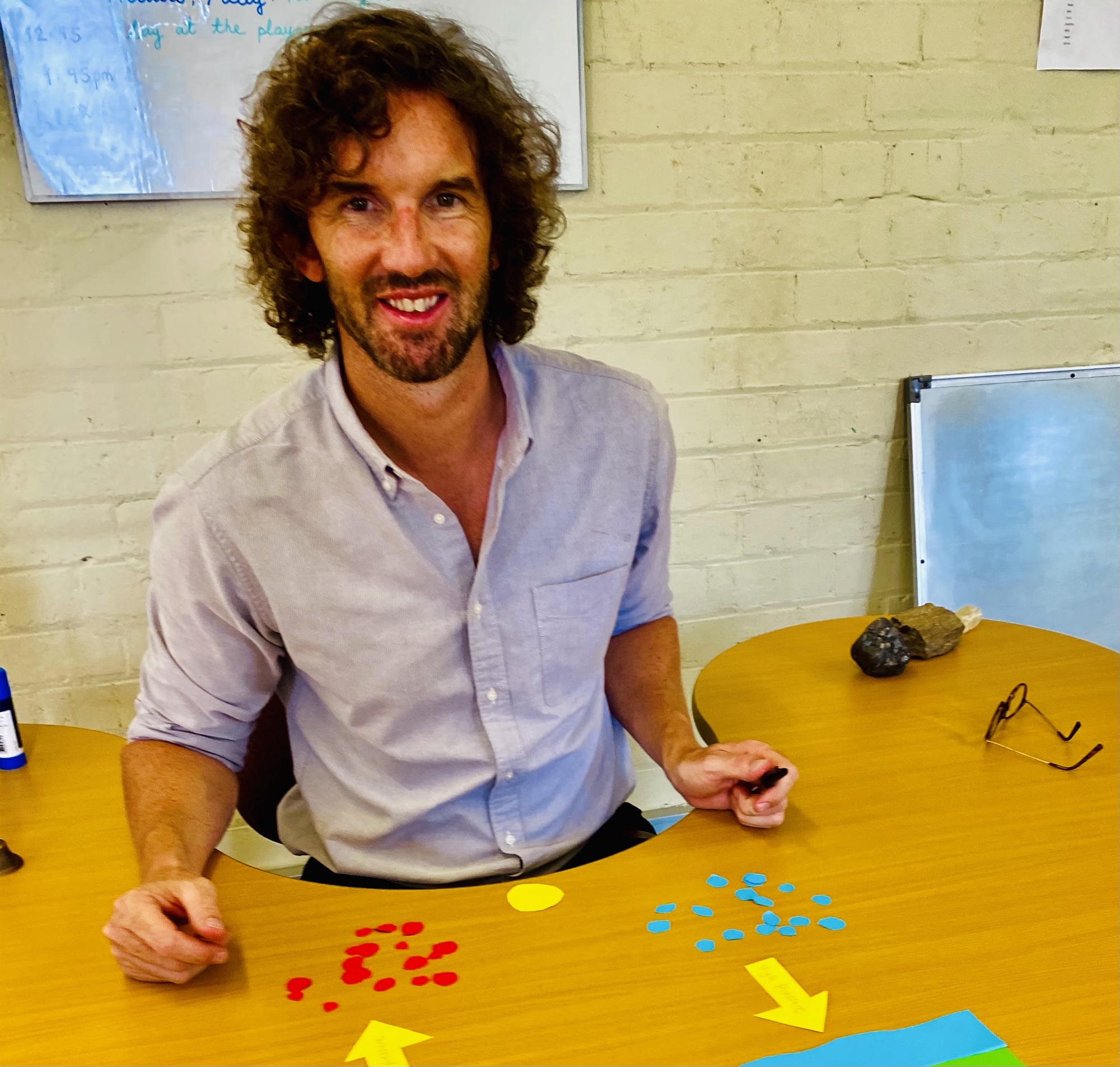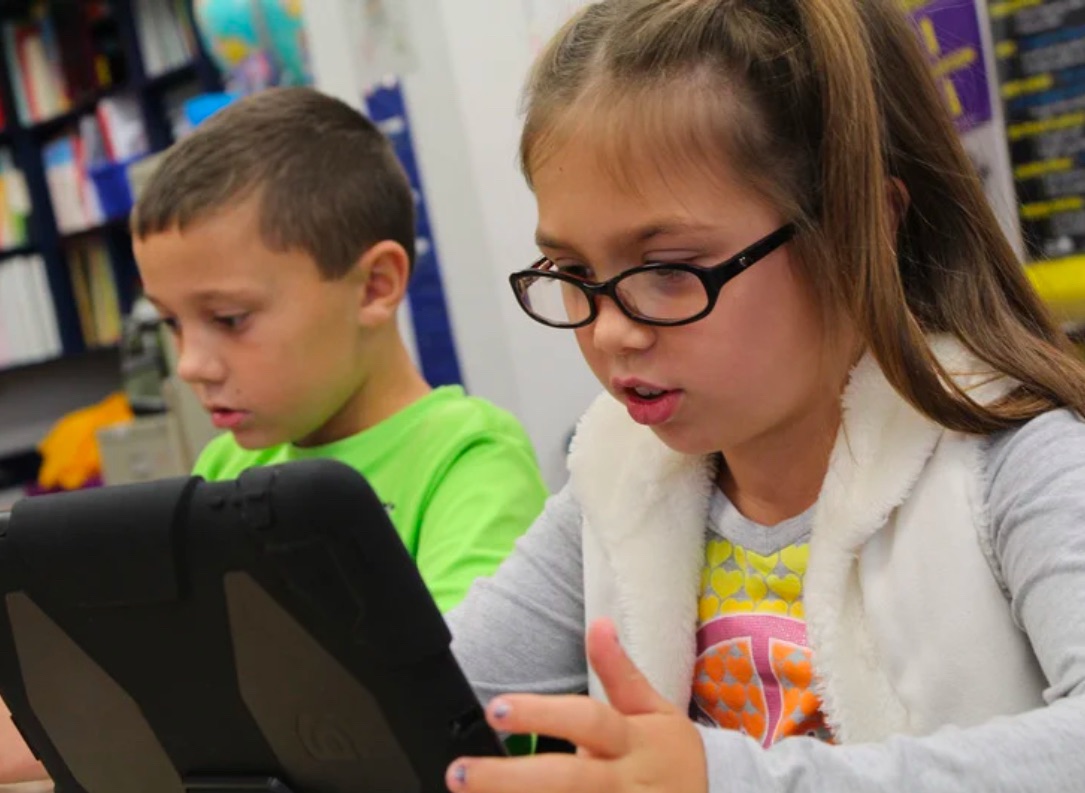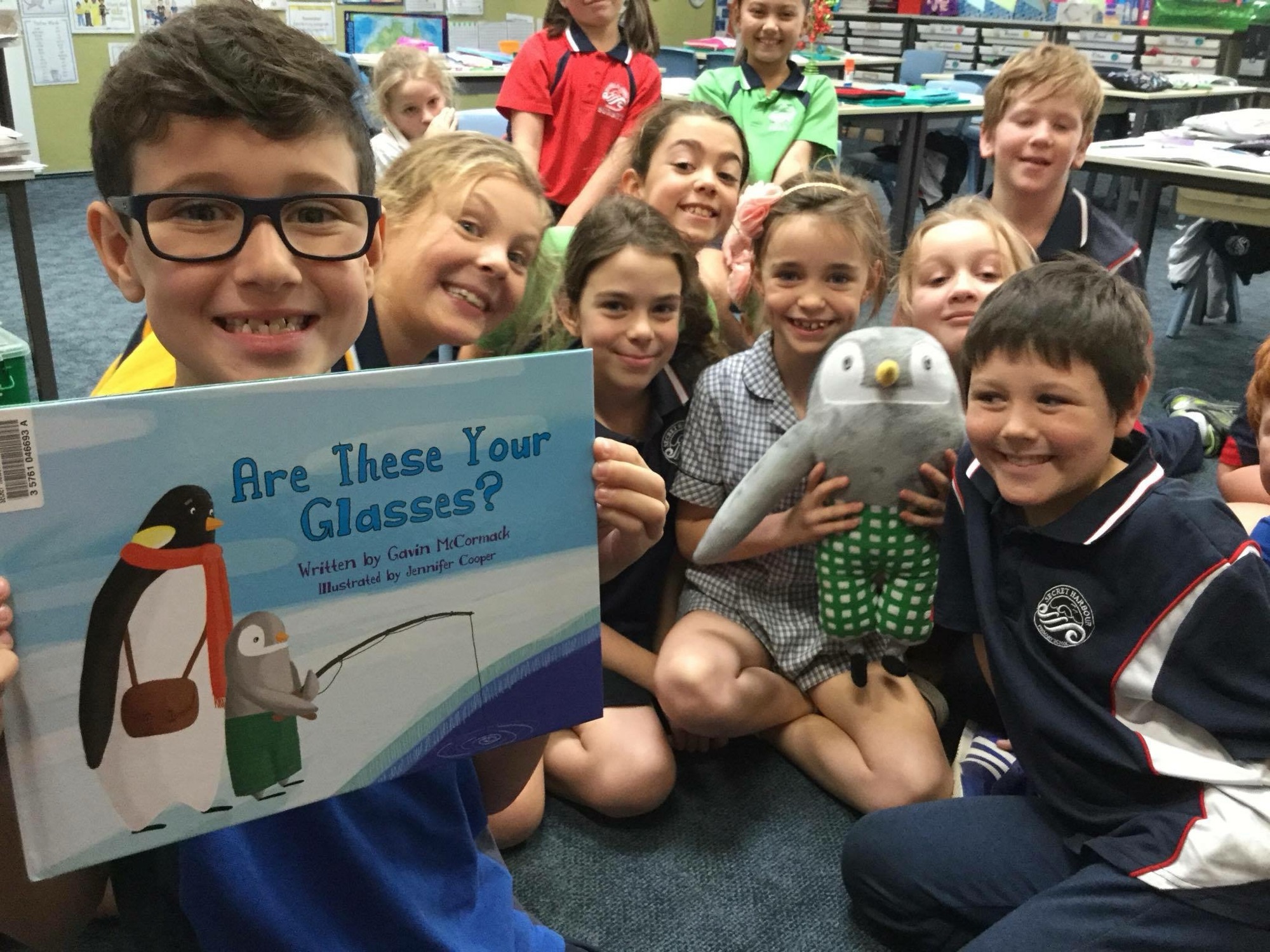Teachers hold a pivotal role in shaping the future of humanity by creating dynamic learning environments and providing transformative opportunities for students to discover their passions and talents.
These classroom experiences can ignite curiosity, instill empathy, and develop essential skills that have a lasting impact on students’ future aspirations. In this article, we explore the profound influence of teachers and present specific examples of how classroom opportunities can shape the dreams of young learners.

- Future doctors: Inspiring a passion for medicine Teachers have the power to cultivate future doctors by introducing engaging activities that delve into the wonders of the human body. For instance, allowing students to participate in hands-on experiments, such as examining X-rays, can provide a tangible connection to the field of medicine. Additionally, arranging visits to medical facilities, inviting healthcare professionals as guest speakers, or organizing health-related workshops can further nurture students’ interest in pursuing a medical career.
- Future veterinarians: Fostering compassion for animals Through encounters with injured animals, teachers can inspire a passion for veterinary medicine. Imagine a scenario where students stumble upon a baby bird in need of care. By collectively nursing the bird back to health under the guidance of their teacher, students develop a deep sense of compassion and empathy. This experience can be enhanced by inviting local veterinarians to share their expertise, organizing field trips to animal shelters, or incorporating lessons on animal welfare into the curriculum, encouraging students to consider a career in veterinary medicine.
- Future counselors: Nurturing empathy and problem-solving skills Teachers who create an inclusive and supportive classroom environment can pave the way for future counselors. By incorporating regular class discussions or designated “problem-solving sessions,” students are encouraged to share their concerns, seek advice, and collaboratively work towards solutions. Such experiences develop essential skills like active listening, empathy, and conflict resolution, providing a strong foundation for students interested in pursuing careers in counseling or psychology.
- Future engineers: Fostering innovation and problem-solving skills Teachers can inspire future engineers by engaging students in hands-on projects that challenge their problem-solving abilities. For instance, designing and constructing functioning model bridges or creating simple machines using recycled materials can ignite a passion for engineering. Additionally, inviting engineers as guest speakers, organizing field trips to engineering firms, or participating in engineering competitions can further fuel students’ interest in this field.
- Future artists: Cultivating creativity and artistic expression Teachers can nurture future artists by providing a rich artistic environment that encourages creativity and exploration. Offering opportunities for students to experiment with various art forms, such as painting, sculpting, or digital media, allows them to discover their artistic talents. Showcasing their artwork in school exhibitions or inviting renowned artists for workshops can inspire students to pursue careers in the arts.
- Future environmentalists: Instilling a sense of responsibility towards the environment Teachers can foster a love for the environment by incorporating environmental education and sustainable practices into the curriculum. Engaging students in projects such as designing sustainable solutions for waste management, participating in local conservation initiatives, or organizing awareness campaigns on pressing environmental issues can inspire future environmentalists. Field trips to ecological reserves, inviting environmental experts as guest speakers, and integrating outdoor learning experiences can further deepen students’ connection to nature.
- Future entrepreneurs: Cultivating innovative thinking and business acumen Teachers can foster entrepreneurial skills by encouraging students to create and manage their own small businesses within the classroom. This can involve activities such as developing business plans, marketing products or services, and managing finances. Organizing entrepreneurship competitions, inviting successful entrepreneurs as guest speakers, and providing mentorship opportunities can ignite the entrepreneurial spirit in students.
- Future scientists: Nurturing scientific inquiry and critical thinking Teachers can inspire future scientists by providing opportunities for scientific inquiry and critical thinking. Engaging students in hands-on experiments, encouraging them to formulate their research questions, and guiding them in presenting their findings at science fairs or conferences can ignite a passion for scientific exploration. Additionally, incorporating scientific discussions, inviting researchers as guest speakers, and organizing field trips to laboratories or research institutions can further fuel students’ interest in scientific pursuits.
- Future journalists: Developing effective communication and storytelling skills Teachers can nurture future journalists by emphasizing effective communication and storytelling in the classroom. Encouraging students to write articles, conduct interviews, or create multimedia presentations can hone their journalistic skills. Incorporating lessons on media literacy, inviting journalists as guest speakers, and providing opportunities for students to publish their work in school publications or online platforms can inspire them to pursue careers in journalism.
- Future social activists: Fostering awareness and empathy for societal issues Teachers can cultivate future social activists by raising awareness about social issues and encouraging students to take action. Engaging in discussions about inequality, organizing community service projects, and inviting activists to share their experiences can inspire students to address social challenges. Providing platforms for students to share their ideas such as upschool.co, organising debates or mock trials, and promoting civic engagement can further empower students to become agents of positive change.
Teachers play a crucial role in shaping the future aspirations of students. By providing diverse and meaningful classroom opportunities, they can ignite passion, develop essential skills, and guide young learners towards fulfilling careers.
Whether it’s inspiring future doctors, veterinarians, or counselors through immersive experiences, or fostering innovation and creativity among future engineers, artists, and entrepreneurs, teachers have the power to shape the dreams and ambitions of the next generation. By nurturing the talents and passions of their students, teachers become catalysts for a brighter and more promising future.


